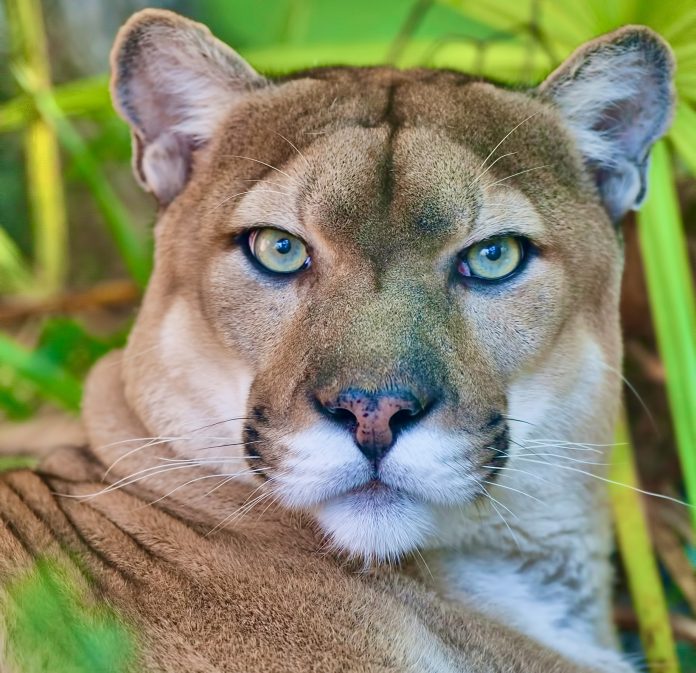
Historic “Recovering America’s Wildlife Act” Passes The U.S. House & Would Secure Billions For Imperiled Species
You can help all animals and our planet by choosing compassion on your plate and in your glass. #GoVeg
RELATED ARTICLES
Banning Cruelty: New Legislation Aims To Ban Octopus Farming In The U.S.
New bipartisan legislation has just been introduced in the U.S. to ban commercial octopus farming and prohibit imports of farmed octopus from foreign countries.
The...
Outrage In Yellowstone! Grizzly Bear Killed By Wildlife Officials & Left With Head & Paws Cut Off
Photo by: Trisha McFarland / Cowboy State Daily
A photo of a dead grizzly bear with its head and paws cut off has caused an...
Inside Florida’s Illegal Horse Meat Trade: Undercover Footage Shows Racehorse Being Shot & Butchered
A heart-wrenching discovery of illegal horse slaughter has emerged, with video footage exposing the tragic killing of a racehorse named 'Funny Biz,' who was...
Popular stories
News
Call To Action! 300 Demonstrators Protest National Park Service’s Plan To Kill Tule Elk & Expand Ranching In California; Your Help Is Needed Before...
Photos by Tony Seghal, In Defense of Animals
A crowd of 300 people gathered at a large-scale, modern dairy facility operating inside of the Point Reyes National...
News
Breaking! New York Is The Latest State To Offer Plant-Based Options In Hospitals; Washington D.C. & California Have Passed Similar Legislation
New York State hospitals must now make a healthy plant-based option available to patients at every meal. The new rule went into effect this...
!! Coronavirus
ASPCA Launches $5 Million Dollar COVID-19 Relief & Recovery Initiative To Help Struggling Pet Owners & Animal Shelters
To assist pet owners and shelters affected by the devastating COVID-19 pandemic, the ASPCA is launching the ASPCA Relief & Recovery Initiative, a $5...


